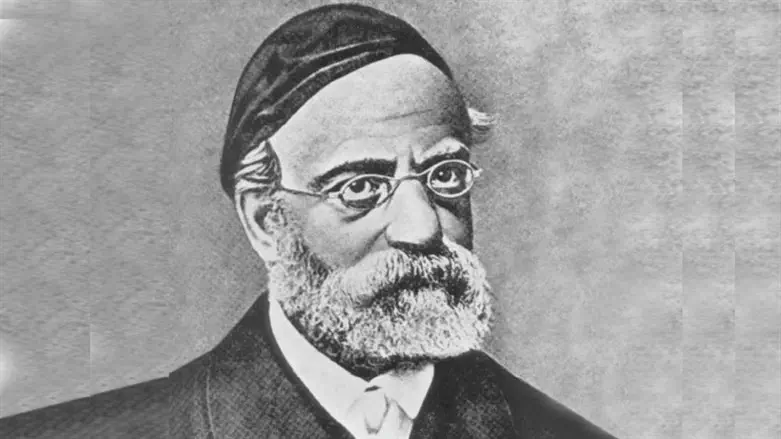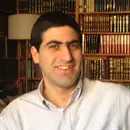
“I will decree consternation (behalah) over you, which brings lassitude and fever that…fills the spirit with grief” (Leviticus 26:16).
Behalah, according to Rav Samson Raphael Hirsch, comes from “loss of self-confidence.” It is “the very opposite of komemiyut , a feeling of security and assurance…a feeling that is necessary for our progress and for achieving all our aims.”
But how does one achieve this vital feeling? Answers Rav Hirsch: By knowing “that one is…adjusting one’s wishes in the service of G-d and therefore under His protection and blessing.” If we ignore the Torah’s admonitions, this “feeling of self-confidence is the first thing that G-d causes to diminish.”
Modern man obsesses over his mental health and seeks all sorts of secular solutions to rid himself of anxiety, dissatisfaction, and self-doubt. More often than not, though, these feelings stem from a spiritual source: the knowledge in one’s soul that one isn’t doing what one should be doing.
As South African Chief Rabbi Dr. Warren Goldstein told me when I interviewed him in 2013, “Serenity comes from one’s neshamah being at peace with who we are and what we’re doing in this world. And that comes from doing the right thing.”
The Lubavitcher Rebbe made a similar observation in a letter to someone who complained about suffering anxiety: “[T]he real cause is that one’s daily life is not in complete harmony with the true essence of a Jew. In such a case it is impossible not to have an awkward feeling that things do not seem to fit somehow, and it is this disharmony which is at the bottom of the anxiety, and it is in proportion to the discrepancy between his way of life and his true natural self.”
In his commentary on Parshas Chayei Sarah, Rav Hirsch quotes Kohelet 8:5, which famously states: “He who keeps the commandment will know no evil.” According to Rav Hirsch, this verse isn’t guaranteeing the righteous a life free of troubles. It is, however, guaranteeing them inner peace since “‘he who looks on his whole life from the point of view of mitzvah, of doing his duty – nothing is bad to him.’ From the greatest trouble, he extracts the duty it entails, and fulfilling the duty, carrying out the task that misfortune brings, makes him happy.”
So, if we want to be happy, self-confident, and serene, we must focus on our duties and fulfill the Torah. If we don’t, a malaise of behalah will eventually set in.
As Rav Hirsch writes in a different context: “Every avon [sin] is not only turning aside from our duty but also from our happiness. Thus G-d has ordered it.”
Rav Samson Raphael Hirsch (1808-1888) – head of the Jewish community in Frankfurt, Germany for over 35 years – was a prolific writer whose ideas, passion, and brilliance helped save German Jewry from the onslaught of modernity.
Elliot Resnick, PhD,is the host of “The Elliot Resnick Show” and the editor of “The Rav Samson Raphael Hirsch Dictionary.”
...
